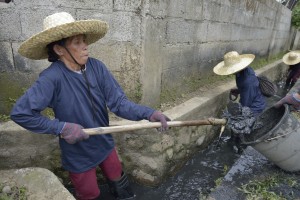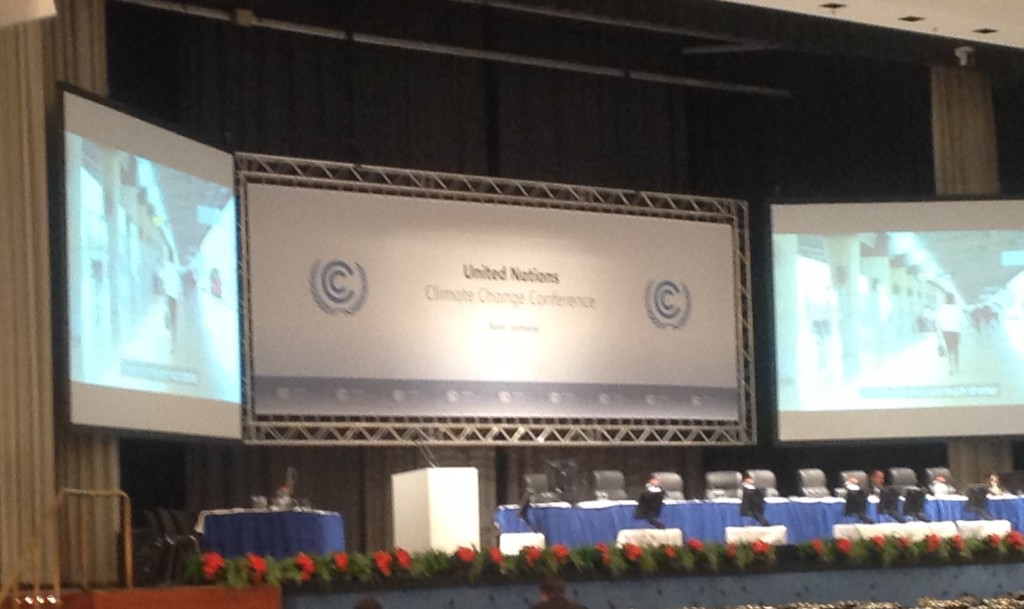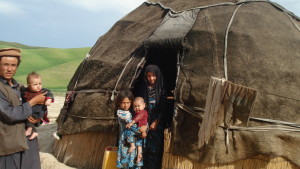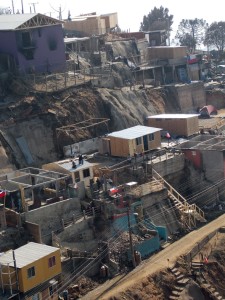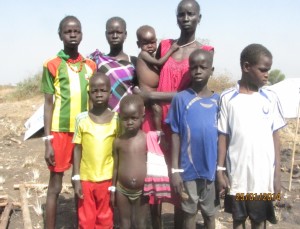Ryan P. Cumming
There are plenty of barriers to employment in the US right now. The exporting of jobs to other nations, the shift from manufacturing to service and technology as central industries, and the rising costs of higher education are often dissected and discussed in articles and books on unemployment and poverty. But what happens when the obstacle to full employment – the kind of employment that can guarantee a sufficient, sustainable livelihood – comes not from market forces or politicians but from the actions of intimate partners?
This is precisely the case for many women, according to a significant body of research. The National Intimate Partner and Sexual Violence Survey conducted in 2010 found that nearly 30% of women in the United States are victims of intimate partner violence (IPV).[1] The survey included rape, physical violence, and/or stalking by an intimate partner as examples of violence, but the researchers did not measure other forms of IPV such as sexual coercion, psychological aggression, or control of reproductive or sexual health (like when a partner refuses to wear a condom.) Had they done so, it is likely that the rate of IPV would have been higher.
While people of any gender, sexuality, age, or economic status can be victims of IPV, vulnerability to violence is not the same for everyone. Women are more vulnerable than men (nearly three to one), and women residing in low-income households are more vulnerable than women in middle-income and upper-income households. In fact, women in households with an annual income less than $7500 were more than six times more likely to experience violence than women in households earning more than $50,000 per year, according to a study published in 2007. This isn’t just true of these two levels of household income, however; researchers found that as household income decreases, the rate of victimization increases, particularly for female members of the household. That said, while some groups may be statistically more vulnerable than others, IPV is not merely one more social ill that attaches to poverty. While the rates of IPV among economic classes may differ, IPV is still a reality for women, especially, of any class.
The relationship between violence and poverty for women is complex. Many women who lack the means to support themselves and their children on their own can often feel trapped in abusive relationships. Staying with an abuser may mean suffering physical, sexual, or psychological violence, but leaving may mean living without shelter, without access to food, or without other goods necessary for life. Leaving may also mean placing oneself at risk of increased violence.
Yet, being in an abusive relationship can also mean facing significant obstacles to escaping a life of poverty. In a 2004 article published in the Journal of Poverty, Lisa D. Brush found a “clear association” between vulnerability to abuse and vulnerability to poverty. While researchers are not sure how violence is related to poverty (Does violence make women more vulnerable to poverty? Does poverty make women more vulnerable to violence?), there is ample evidence to suggest that the two are related. In her study, Brush found a strong correlation between IPV and some kinds of economic challenges. Women who experienced intimate partner violence earned less money, had more difficulty paying bills, and experienced slightly higher rates of food insecurity than women who did not . Brush also found that, for some women, the violence they experienced from intimate partners was specifically related to work. This “work-related violence” included physical beatings, threats, and physical restraint from going to work. As is often the case, control, domination, and abuse weren’t limited to overt violence, however. Intimate partners also sabotaged women’s efforts to work by failing to show up for childcare, stealing cars or keys, or behaving inappropriately at the woman’s place of work.
This is not to say that women in these kinds of situations are totally helpless. Psychology professor Sherry Hamby (Sewanee, The University of the South) described a variety of common “protective” strategies in her report for the National Online Resource Center on Violence against Women. In reviewing recent research, Hamby found that women will protect themselves, children, and even pets from harm in many different ways, including contacting law enforcement, confiding in friends and family, and (even temporarily) leaving unsafe situations. Other “invisible strategies” include opening bank accounts and saving money (which can help increase the other options available to them), coaching children on how to escape from a potentially violent episode, returning to school to increase job prospects, and seeking help from therapists and advocates. Each of these strategies helps women – even when faced with economic challenges – exercise agency in situations that often threaten their well-being and freedom.
The link between IPV and economic insecurity is still real, even if researchers can’t yet document all of its complexity. One step congregations can take is to learn more. This is urgent, not only for congregations with ministries among women from low-income households, but for any congregation. While it is important to understand the complex links between vulnerability to violence and vulnerability to poverty, it’s also important to learn more and help raise awareness about the high rates of IPV among women of all economic classes. The ELCA’s Justice for Women website is a great place to start. There, you can find resources like the 2010 booklet on “Ministry with the Abused,” a joint project of the ELCA and the Evangelical Lutheran Church in Canada. FaithTrust Institute has excellent resources, as well. And this 2013 episode of PBS’s “Religion and Ethics Newsweekly” is a great way to spark conversations about the church’s role in confronting violence against women. Later in 2014, ELCA members will also have an opportunity to participate in the development of our church’s social message on gender-based violence. The public comment period for this message will be open from mid-September to mid-November. You can read more here.
The other important step is to advocate with victims of intimate partner violence and, particularly, with women. Abusing another human being seems like a personal choice, but even our most “intimate” choices happen within social and political contexts. For women in abusive relationships, that context includes systems which minimize the reality of gender-based violence, legal structures and practices which can become obstacles to women’s agency, and economic structures that still today do not value the labor of women as highly as the labor of men. Gender-based violence is not just a behavioral issue; it is a social issue. And, research indicates, it is a hunger issue. The intersections researchers have found between violence, hunger and poverty may be complex, but they are nevertheless real and challenge all of us to learn more about what accompaniment means for people of faith in this context.
(My thanks to Mary Streufert, Ph.D, for her assistance with this post. Dr. Streufert is Director of Justice for Women project for the ELCA.)
Ryan P. Cumming, Ph.D., is Program Director of Hunger Education for ELCA World Hunger.
[1] The Centers for Disease Control and Prevention define “intimate partner violence” as “physical, sexual, or psychological harm by a current or former partner or spouse.” CDC, “Intimate Partner Violence” (2014), available athttp://www.cdc.gov/ViolencePrevention/intimatepartnerviolence/index.html?s_cid=fb_vv487. The National Intimate Partner and Sexual Violence Survey can be found at www.cdc.gov/violenceprevention/nisvs/index.html.
